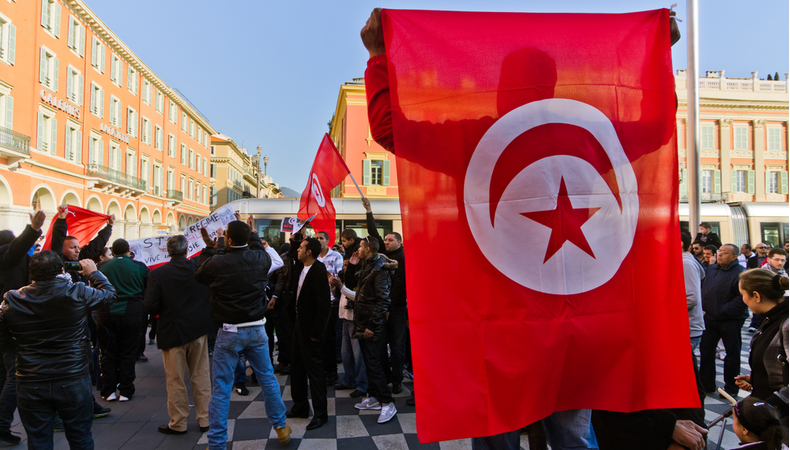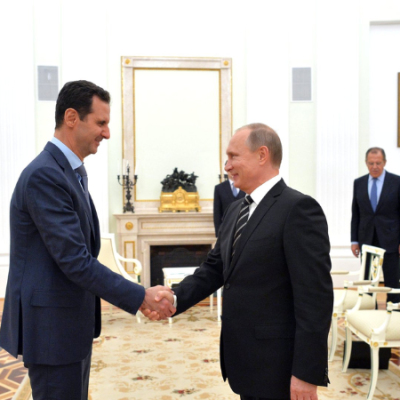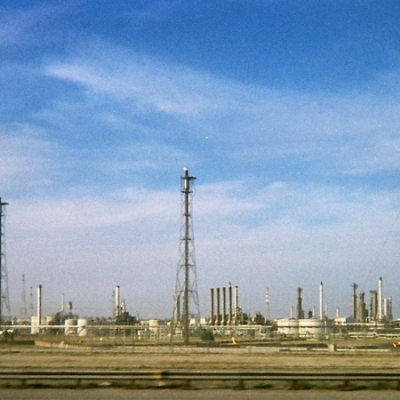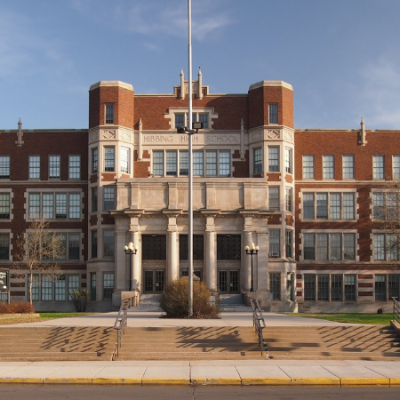How Tunisian Youth Became A Ticking Time Bomb

As the country tries to come in terms with the damage done to it by dictatorial leadership, the new generation of Tunisian youth are a disgruntled lot. They are seeking explanations, the answers which are difficult to come through.
Major unrest has haunted the streets after el-Abidine Ben Ali’s flight into exile on January 14, 2011. Ever since then, Tunisia has not seen major recovery. To add more insult to this injury, the government thought it appropriate to impose a four-day national lockdown and even banned demonstrations.
People, especially unemployed youth were enraged, as the Covid-19 situation has made survival tougher in an already shrunk economy. This time again, it was brutality at the hands of the police forces that have left youth feeling cheated and unhappy. Further, there are bad memories lurking at the back of everyone’s mind when it comes to Arab Spring.
Marches and protests have been essentially peaceful. Dozens of boys from Ettadhamen had joined one such peaceful march toward Parliament last week. Some youngsters had been ‘unjustly’ arrested. The protest was to ask for their release. A 22 year young protestor shared in state of anonymity with the local press that police ended up “beating everyone, without question or answer” during evening clashes. Facing a wall of cops in riot gear the following week, protesters shouted: “No fear, no terror, the streets belong to the people!”
The scene was somewhat like that in Bolivia where people have no right and freedom to peaceful protests either. Under the guise of el-Abidine Ben Ali’s dictatorial ways, police has harassed youth of the marginalized and lower quarters of Tunisia for over a decade. The equation between them has always been tense. So, the pressure has been building up since 2011. Since January this year, according to the Tunisian Human Rights League, in separate instances of clashes, an estimate of at least 1680 people were arrested in connection with the protests, including hundreds of minors. Charges ranged from violating curfew to “inciting disobedience,” which can lead to up to six years in prison.
Many youngsters were arbitrarily picked from their residence and jailed, according to family members and lawyers fighting their release. Unaccompanied minors were made to sign confessions.
Finally, the ticking time bomb has blasted as youth took to streets protesting against lack of governance and police brutality. Mobilized in part by a burgeoning, youth-led anti-fascist movement that calls itself the “The Wrong Generation,” demonstrations have attracted a cross-section of Tunisians chanting “Release the detainees!” and anti-police slogans. Some carry signs reading “No justice, no peace = defund the police,” evocative of last summer’s Black Lives Matter protests in the United States. They often face phalanxes of cops in riot gear, and occasional scuffles have broken out. At a demonstration in downtown Tunis young protesters finally doused riot police with paint.
Force has been a way in Tunisia. In decades, the armed forces development has received funding in millions. Democracy has been pushed to the wayside. Despite guaranteed rights, numerous democratic elections, protests flourish as youth remain unhappy in the central and southern regions where the jobless rate has reached 30% and the poverty level is above 20%.
According to the Tunisian Forum of Economic and Social Rights, more than 1,000 demonstrations were counted in November alone. Months of sit-ins paralyzed oil and phosphate production, a key resource, for months, putting holes of billions of dollars in the budget.



